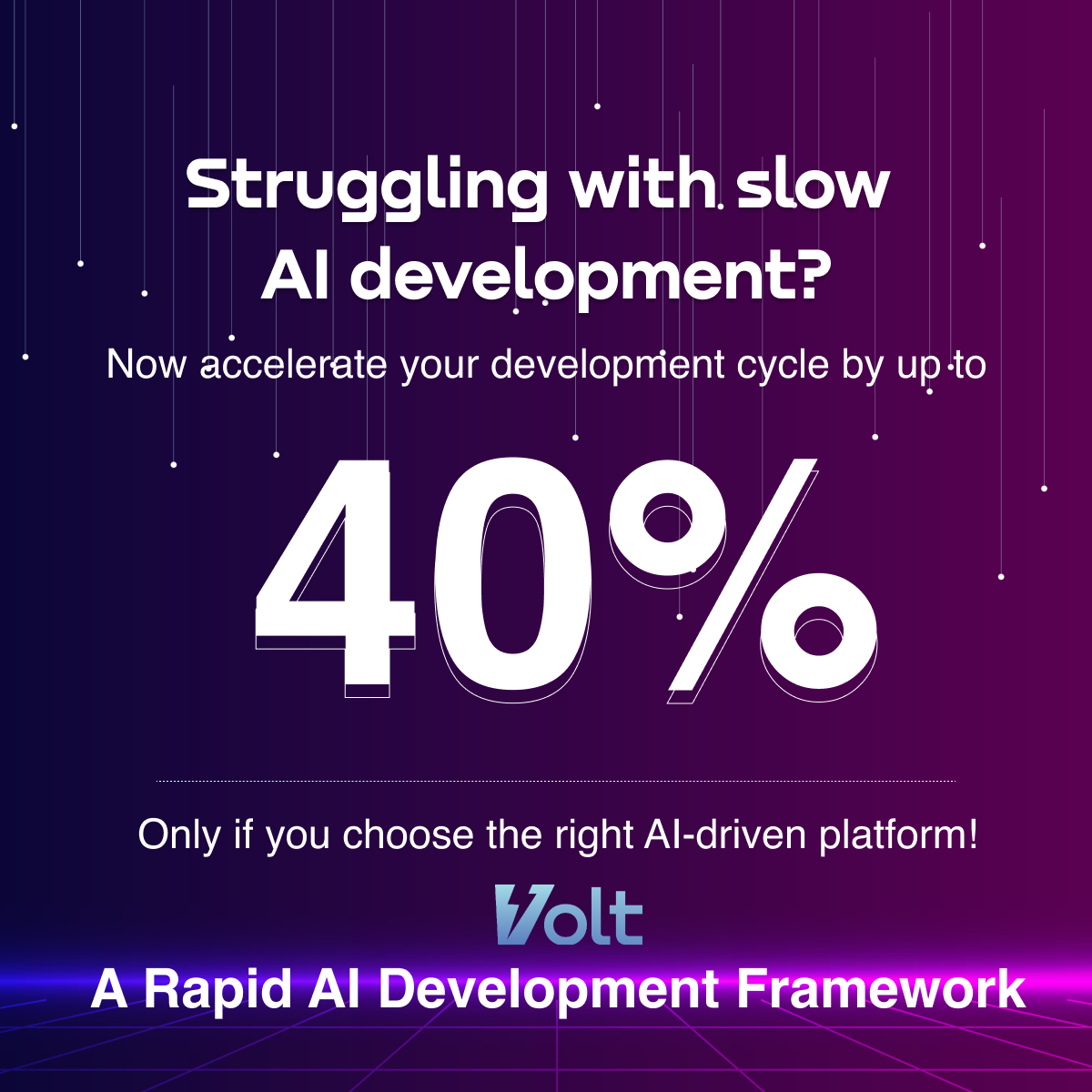Software Development
Custom ERP Software Development: A Complete Guide
 Updated 01 Nov 2023
Updated 01 Nov 2023

In today’s fast-paced business environment, Enterprise Resource Planning (ERP) software has become a cornerstone for organizations aiming to streamline operations, improve efficiency, and gain actionable insights. While off-the-shelf ERP solutions are readily available, custom ERP software development is often the ideal choice for businesses with unique requirements. This guide delves into what custom ERP software development entails, its benefits, development process, cost factors, and future trends.
It is rather a suite of various applications performing varied actions. Businesses use ERP to plan and manage daily activities like project management, risk management, compliance, cash management, financial accounting, and more. This software is also considered business management software that helps collect, store, manage, and predict data.
What is Custom ERP Software Development?
Custom Enterprise Resource Planning (ERP) software development refers to the process of designing, building, and implementing a tailored ERP system that meets the specific needs of a business. Unlike off-the-shelf ERP solutions, which come with predefined features, a custom ERP system is built from scratch or modified to align with unique business processes, workflows, and goals.
A custom ERP system integrates multiple departments, including finance, human resources, inventory management, customer relationship management (CRM), and supply chain, into a centralized platform. This enhances efficiency, reduces operational costs, and improves decision-making with real-time data insights. Additionally, custom ERP solutions offer greater flexibility, scalability, and security, ensuring seamless integration with existing business tools and evolving with organizational growth.
While the initial investment may be higher, businesses benefit in the long run by eliminating unnecessary features, automating operations, and improving overall productivity. Custom ERP development is ideal for companies seeking a highly efficient, tailored, and future-proof solution to manage business operations effectively.
Transform Your Business with Custom ERP Solutions from Q3 Technologies
Streamline operations, boost efficiency, and enhance decision-making with our tailor-made ERP software. Optimize workflows with seamless ERP development and automation.
What’s New? Cloud ERP Delivery Model
The solution is now using the Software-as-a-service (SaaS) delivery model. When it is delivered on the cloud, it functions on a remote network instead of any physical server room of a company. When it is on the cloud, managing and updating software becomes easier. Else, it would be more expensive to upgrade the system for 5 to 10 years when it is on-primes.
When the solution is integrated with the cloud, operation and capital expenses are reduced. This is because it does not require purchasing software or hardware or even hiring IT support. Businesses can use that saved cost, resources, and time to put in further development of processes, infrastructure, and employees.
Reasons Why You Should Adopt an ERP Cloud Solution
It may not be possible to switch to Cloud servers for small or mid-sized businesses all at once. This could be expensive. However, they can still deploy it on physical servers.
On the other hand, if you already use a cloud solution, then here are some of the reasons for your business to have ERP integrated into it.
• Adopts Evolving Technologies
Technologies like Artificial intelligence support could help servers enhance capabilities without requiring time-to-time updates. The system does patch management and auto-updates the system as required.
• Reduces Dependency
Developing reports and analytics for conventional systems need vendor involvement, which means increased business expenses. Contrary to cloud computing, the application does not need additional support to produce business intelligence.
• Robust Security for Business Process
Having a full-time cloud service provider with exclusive, extensive, and dedicated monitoring creates profound security for a business. 24-hour proactive monitoring eliminates risks of threats and security-related concerns.
• Systemized Financial Process
Conventional systems are developed in a way that they cannot produce reports like modern reporting engines. But with cloud-based infrastructure, it is possible to develop a different mindset that is needed for successful ERP solution development.
Can You Deploy ERP for Your Business?
Often deployed on cloud-based servers, many companies still use physical servers to integrate ERP. That means even if your business is using a physical server, you can still incorporate ERP with your processes. Supporting all types and sizes of businesses, custom ERP software development can help you cut down costs in many areas.
The system combines various business processes and allows the data to flow seamlessly. It drops the concern of data duplicity and integrates data via a single source after collecting the shared transactional data from multiple sources of a business.
With the help of ERP solution development, businesses are transforming and automating their ways of working. Organizations that have integrated ERP into their process have experienced a reduction in payroll processing time by more than 80%.
Read Our Case Study: Transforming Business Operations with Cloud-based ERP Re-Architecture for a Leading Technical Solutions Provider
6 Steps to Build a Custom ERP Solution
Allied market research predicts the growth of CAGR by 9.8% by 2026 and reaches a market value of more than USD 86 billion by 2027. So, if you are planning to build a custom ERP solution for your firm, it can be the right decision.
But what do you need to do for ERP solution development? Well, here is a comprehensive guide that helps you understand the same.
1. Set Business Goals
As a prime step, you should clearly define your business goals and needs to bring about a valuable, quality product. Ensure that the employees have a clear vision of the goals and expectations to work in one direction. It applies to every employee irrespective of their department.
Ask them to analyze any work-related problem they are facing and find an approach to solve them by customizing the ERP system based on your needs.
2. Create an Intuitive User Interface
If you have a team for custom ERP software development, make sure to involve them in creating an intuitive UX/UI. Turns out to be a critical aspect of it because it is important to understand it before starting to use it.
Preparing a blueprint also helps in saving costs and efficiency. Additionally, it might save you from reworks that can cost you much. Working with a blueprint acts as a guide, plus it appends all the future requirements and information from all the existing departments.
3. Pick the Right Stack Platform
Research and pick the appropriate platform among various available options. To deploy technical support, having background knowledge always helps. Investing in the right tech stack creates different algorithms, simple or complex, based on your business needs.
To develop ERP for desktops, developers may use C++, Swift/ Objective-C (uses MacOS), or C+. And if the requirement is web-based, languages like Angular, JavaScript, or Node.js can be used. Council with an expert if you are unable to decide the best.
4. Identify the Need for App Integration
Gather data on the apps that your employees use more often for business work and if compliant, integrate it with ERP. G-suite and MS Office are commonly integrated for customer ERP software development.
Developers may use different Application Program Interface (APIs) from third-party services to keep track of data for data analysis.
5. Collaborate With the Right
Rather most critical one! Finding a trustworthy team for ERP Solution Development is critical. Partner with a team that understands your vision and aims in the same direction as your business.
Once partnered, they will be in charge of making decisions that can directly impact your business. Further, they would be making required functional changes and updates and play a fundamental role in your business growth.
6. Review, Update, and Finalize
Just like any other deliverable, review the final version of your ERP platform and suggest changes to make it more user-friendly. Checking functionality takes the prime stop on your review track. It helps create a checklist of all the critical things for your business.
Test the performance and make any updates before finalizing it. Ensure that the data it presents is accurate.
How Does Custom ERP Software Development Add Value to Your Business?
In today’s time, it is a solution that has become essential for businesses. Big or small, firms are confining their data into ERP systems to align and improve workflow across departments. As a result, bottom-line savings become quite notable.
Let’s dig deep and understand the examples listed below. Integrating ERP solution with a business process helps in:
- Generating improved business reports and insights using real-time information.
- Decreasing spending made on operations by streamlining processes and practices.
- Improving collaboration from service providers, users, and associates to track accounts and other factors.
- Reducing expenditure on system management and operation because of ERP integration.
- Providing similar user experience across all business functions and processes to enhance efficiency.
- Generating appropriate reports and statuses to track various business resources like production capacity, raw material, purchase orders, cash, payroll, and more.
- Simplifying infrastructure from the backend and front of the office consisting of a uniform interface for all business-related activities.
- Increasing dependency of users resulting.
Boost Efficiency with Custom ERP Solutions from Q3 Technologies.
Enhance productivity, automate workflows, and optimize business operations with our custom ERP system. Experience seamless ERP development tailored to your needs.
Industries That Benefit from Custom ERP Solutions
- Manufacturing: A custom ERP solution helps manufacturing companies streamline production planning, inventory management, and supply chain operations. It ensures efficient resource utilization, reduces waste, and improves overall productivity by integrating different departments into a unified ERP system.
- Retail & E-commerce: Retailers and e-commerce businesses rely on ERP software to manage inventory tracking, order processing, and customer relationship management (CRM). A custom ERP system ensures real-time stock updates, automates sales operations, and enhances the overall shopping experience.
- Healthcare: Hospitals and healthcare providers benefit from custom ERP development by centralizing patient record management, billing automation, and regulatory compliance. A well-integrated ERP solution improves efficiency, ensures data security, and enhances patient care.
- Logistics & Supply Chain: A robust ERP system optimizes warehouse management, fleet tracking, and order fulfillment, ensuring seamless operations in the logistics and supply chain industry. With real-time analytics and automation, businesses can minimize costs and improve delivery efficiency.
- Construction & Real Estate: Custom ERP software for the construction and real estate industry helps in project management, budgeting, procurement, and workforce planning. By integrating financials, resource tracking, and compliance monitoring, businesses can complete projects on time and within budget.
- Education: Educational institutions use custom ERP solutions for student enrollment, attendance tracking, payroll, and academic management. A centralized ERP system enhances communication between students, faculty, and administration, ensuring a smooth learning experience.
- Banking & Finance: The banking and finance sector leverages ERP development for financial reporting, risk management, and transaction security. A custom ERP system automates loan approvals, enhances compliance tracking, and improves customer service.
- Automotive: Automobile manufacturers and dealerships use ERP software for vehicle production tracking, supply chain management, and sales automation. A custom ERP system helps optimize operations, monitor inventory, and boost overall profitability.
- Pharmaceuticals: Custom ERP solutions ensure regulatory compliance, inventory management, and quality control in the pharmaceutical industry. It automates prescription management, tracks drug distribution, and enhances efficiency in supply chain operations.
- Food & Beverage: A tailored ERP system in the food and beverage industry helps businesses track perishable inventory, manage production and distribution, and ensure food safety compliance. With custom ERP development, companies can optimize supply chain operations and maintain quality standards.
Implementing a custom ERP solution can transform business operations by integrating processes, improving decision-making, and enhancing efficiency. Whether in manufacturing, retail, healthcare, or finance, a well-developed ERP system helps businesses stay competitive and achieve long-term success.
Read Our Case Study: Streamlined Operations and Scalability with a Tailored ERP Solution for a Top Online Jewelry Retailer
What is the Cost of Implementing a custom ERP Software?
It depends on various factors like your business needs, business size, project complexity, location of ERP system development, types of application integration, and more. For a small enterprise, the average cost starts roughly from USD 20,000.
Here are some of the major factors determining the cost of ERP implementation:
• Development Cost
For the development and integration of this solution into your business process, you require a team of developers. Not only this but for maintenance purposes as well. The stack platform also decides the cost of the developer, so you do not compromise anything when it comes to business efficiency.
• Duration of Development
The programming language the developer uses decides the approximate number of hours spent in the development. This further helps in concluding a rough idea of the total time spent on end-to-end project development and implementation. The Longer the duration of development, the costlier it will be.
Conclusion
Organizations of all types and sizes can integrate ERP solution development for their systems. Since these solutions can be deployed on the cloud server, physical servers as well as on hybrid infrastructure, even small businesses can leverage its benefits.
It offers free-flowing communication between businesses and a unified source of information and generates accurate reports using real-time data. Based on a business’s need, the right stack can help create the right infrastructure and engaging interface.
Cut down the struggle to manage legacy ERP complexity and cost against the requirement for custom functionalities and flexibility. Having an ERP cloud solution implemented, you get a connected team, real-time data reports, unified resources for data insight, and better decision-making support from the finance team. With such advantages, your business becomes future-ready!
Looking to develop a custom ERP solution? Partner with a trusted provider like Q3 Technologies to ensure a robust and future-proof ERP system tailored to your business needs.
FAQ
What technologies are commonly used in ERP software development?
ERP systems are developed using various technologies, including:
- Programming languages like Java, Python, or .NET
- Databases like MySQL, Oracle, or PostgreSQL
- Cloud platforms like AWS or Azure for hosting
- Frontend frameworks like React or Angular for user interfaces
Can ERP software be integrated with existing business tools?
Yes, ERP systems can be integrated with existing tools like CRM, HRMS, supply chain management software, and third-party applications to ensure smooth data flow and operational efficiency.
How long does it take to develop an ERP system?
The development timeline for an ERP system can vary depending on the complexity, features required, and size of the business. On average, it can take anywhere from 6 months to 2 years to develop and deploy a custom ERP solution.
How does custom ERP software differ from off-the-shelf ERP solutions?
Custom ERP software is tailored to meet the specific needs of a business, ensuring seamless alignment with existing processes. Off-the-shelf solutions are generic and may require significant adjustments or additional modules to fit your needs. Custom ERP systems are more flexible, scalable, and cost-effective in the long term.
Table of content
- What is Custom ERP Software Development?
- What’s New? Cloud ERP Delivery Model
- Reasons Why You Should Adopt an ERP Cloud Solution
- Can You Deploy ERP for Your Business
- 6 Steps to Build a Custom ERP Solution
- How Does Custom ERP Software Development Add Value to Your Business
- Industries That Benefit from Custom ERP Solutions
- What is the Cost of Implementing an ERP System
- FAQ
Need to hire offshore developers?

Explore More

Mobile Applications



